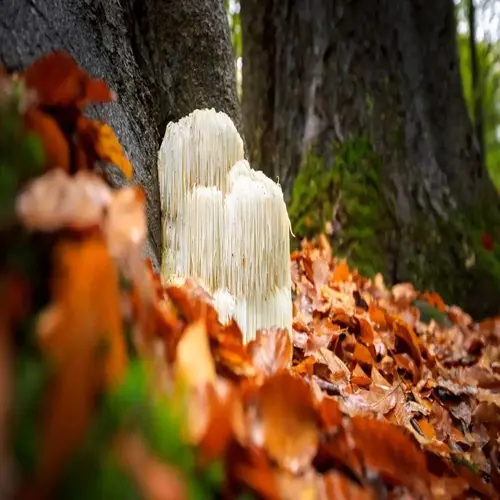Is mineral water safe for kidney function?

Written by
Thomas Wilson
Reviewed by
Prof. Benjamin Murphy, Ph.D.Properly balanced mineral water supports kidney function actively through intelligent mineral synergy and reasonably abundant fluid intake. The combination of calcium and magnesium prevents the formation of crystals, which cause stones. The simultaneous hydration of the body efficiently cleanses the toxins that have been absorbed. Most people see an improvement in kidney health with the balanced consumption of mineral water.
Stone Prevention
- Calcium binds oxalates in digestive tract
- Magnesium inhibits crystal formation
- Proper hydration dilutes stone-forming compounds
Toxin Elimination
- Adequate water volume supports filtration rate
- Improves waste removal efficiency
- Reduces concentration of harmful substances
Mineral Balance
- Calcium-magnesium ratio prevents mineral imbalances
- Potassium supports electrolyte regulation
- Bicarbonate maintains healthy pH levels
Clinical studies document the protective effects of mineral water. Regular drinkers show 30% lower recurrence of kidney stones than drinkers of tap water. Favourable hydration lowers the risk of stone formation/recurrence by maintaining dilute urine. I recommend using mineral water as part of kidney health programs for most people.
Patients with a history of kidney conditions require special attention. Individuals with chronic kidney disease should limit their sodium intake to help manage their condition. Stone formers should be cautious in monitoring the calcium-to-magnesium ratio. Always consult with your nephrologist before making any changes to your hydration routine. Your kidney specialist is best equipped to determine your individual mineral needs.
To provide optimal support for your kidneys, opt for low-sodium mineral waters. Consume 1.5 to 2 liters of water evenly throughout the day. Make sure to prevent dehydration, especially in hot weather. To enhance the flavor of your drinking water, pair it with foods high in citric acid, such as lemons. The kidneys function optimally when provided with steady and balanced hydration.
Read the full article: Mineral Water Benefits for Health and Hydration

